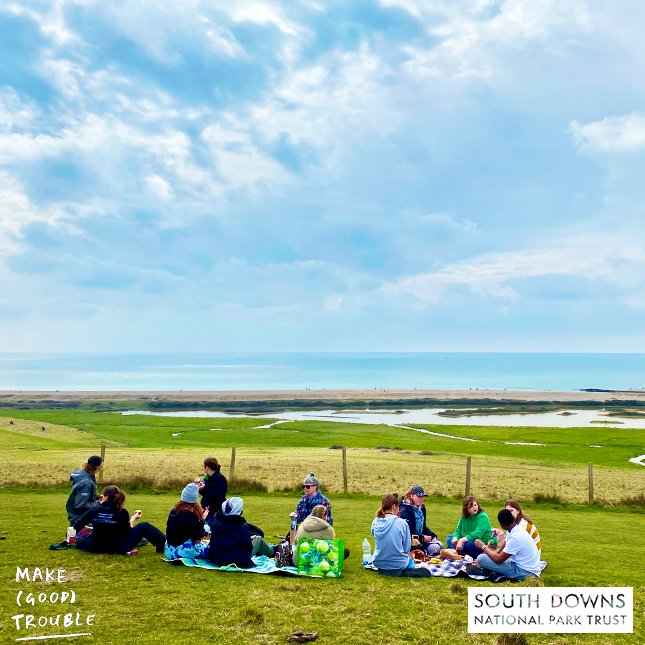Where did the summer go? This week, we’re out in our wet weather gear in the beautiful South Downs National Park for our summer holiday club. That’s a soggy Team MGT in the above pic on day 1. Over the next couple of days we’ll be exploring the countryside and paddle-boarding so keep an eye on our socials to see what else we get up to!
BBC Raising Teens to look into access to services
As part of our research for the new series of BBC Raising Teens (coming later this autumn!) we’ve been looking into the issues young people have in accessing services and support around mental health and neurodiversity.
Waits of up to seven years have been reported in some parts of the UK for those wanting assessments for Autism and ADHD. And it can be complex if frustrated parents opt for a private assessment, as this letter to the Guardian shows:
“We reluctantly sought a private diagnosis, at considerable cost, and our child is now medicated, with improved behaviour. But we have now encountered another problem: our request for a shared care agreement with our GP – where the GP assumes responsibility for prescribing – has been refused. We are told that it is the policy of our GP consortium never to enter into shared care arrangements when diagnosis was initiated in the private healthcare sector.”
We’d love to hear from you if you have an experience to share. We’ll be asking experts for their tips and insights on the programme, so if you have a question or story, find out how to get involved here.
We’ll be looking into the following topics over the series:
- Mental health and wellbeing services – how young people get access to help and support and what are the issues they’ve encountered along the way?
- Trauma and complex needs – how can we better understand young people who have experienced trauma or who have complex needs?
- Eating disorders – what can we do to help those who need help?
- From teenager to adulthood – the challenges of having a teenage brain! This episode will cover drugs, alcohol, sexuality and sexual health.
- ADHD and Autism Spectrum Disorder (ASD) – what’s it like at school for young people with ADHD and ASD? What support is out there and how easy is it to access?
- Support at school and social prescribing – what is your experience of mental health support in school? Social prescribing is increasingly being offered to young people who have mental health challenges. How does it work and what difference does it make?
#NoStoppingMe
Our friends at charity Sound Waves Foundation (SWF) are running a brilliant campaign called #NoStoppingMe, which aims to “dispel the myths and break stereotypes surrounding disability and in particular deafness”.
Their wonderful video features keen 11-year-old surfer Elyana who is profoundly deaf, talking about why she’s deaf and proud. Do give SWF a follow on their socials!
View this post on Instagram
⚽️ World Cup fever
It’s a year today since the Lionesses won the Euros (I was at Wembley for that unforgettable match) and we’d just finished a fabulous project, Goal Power, working with artist Lindsey Smith and Brighton Museum. We created a series of podcasts, co-produced with a group of footballing girls who discussed their experiences and hopes for the future. They also got the chance to interview some legends and professionals of the women’s game. Their conversations were both enlightening and inspiring and I thought, with all the excitement around the World Cup, it would be a great time to re-share their wonderful podcasts which show just how far the women’s game has come in the past few decades – and how far it still has to go. Enjoy!
We hope you enjoy Make (Good) News
If you have any suggestions or news you think we should cover next month, send us a line!
The Make (Good) Trouble team x



